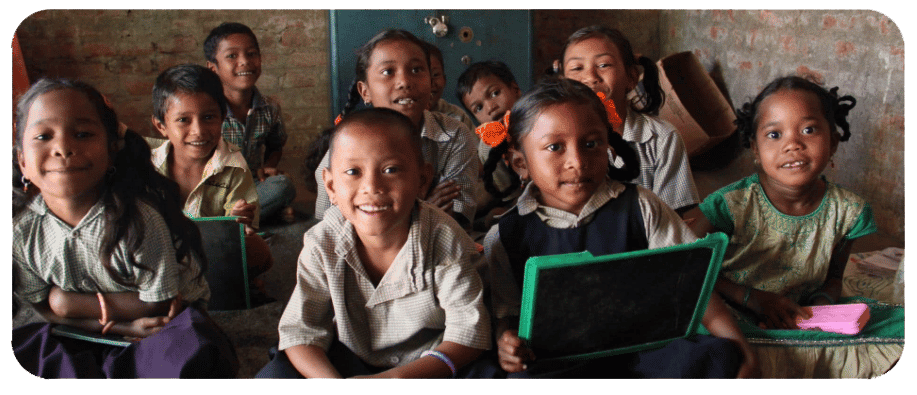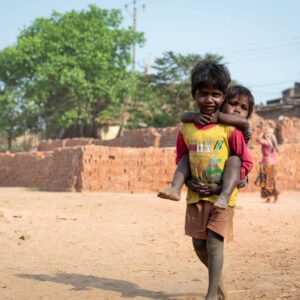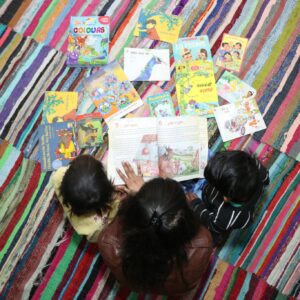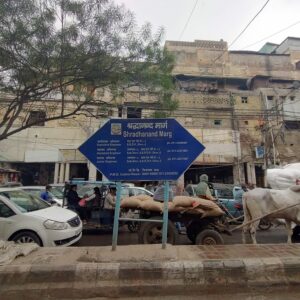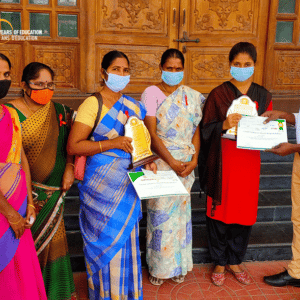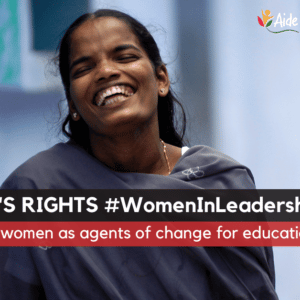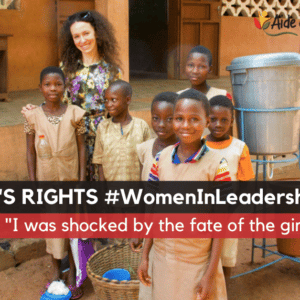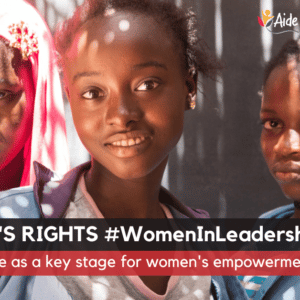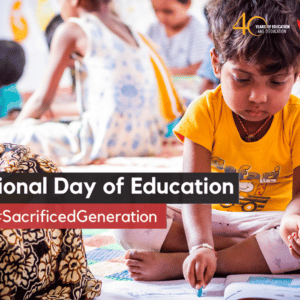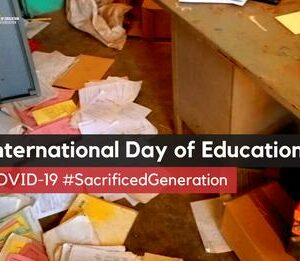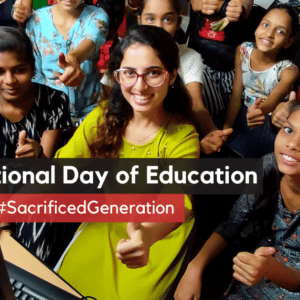As
we mark Menstrual Hygiene Day on 28 May 2021, we wish to highlight the
need for continued investment in removing the barriers that keep marginalised
children from accessing quality education.
“I was afraid that the other students, and especially the boys, would
mock me when they saw the blood on my chair and on my skirt … I didn’t feel
comfortable being in class.”
Just over two decades
ago in rural Cambodia, when Chhorn Chanpheak got her first period, she had to
skip out on school. Not only was there no toilet at her school but her school
was a three-hour walk from home and she was afraid to take the risk over what
her peers would say. “I was afraid that the other students, especially the
boys, would mock me when they saw the blood on my chair and on my skirt,” she
explains.
While her student days
may be well behind her, Chanpheak still witnesses the same embarrassment and
social stigma that menstruation can illicit among students. As a teacher for
children with disabilities in Phnom Penh, she sadly notes that the arrival of
menstruation often spells the end of school for up to half of her female
students.
Chanpheak teaches 18
students of whom 44% are girls aged 15-25 years old. While her school does have
a toilet, it’s shared between girls and boys. Having a separate toilet at school
can be a decisive factor in whether a girl continues education after she hits
puberty as access to a water point and a place to dispose of menstrual products
are essential. Without this, Global Partnership for Education, reports that
girls may miss up to five days of school every month or drop out of school
completely. For girls with disabilities, the risk of dropping out of school
stands at 50/50 according to Chanpheak.
While little
quantitative research is available to demonstrate the impact of menses of
school attendance or enrollment for girls with disabilities in Cambodia,
teacher Chea Seiha has also experienced a high dropout rate among her female
students after they hit puberty. When her school in Siem Reap reopened in
October 2020 after school closures due to Covid-19, Seiha reported that three
out of a mixed class of ten, aged 13-15 years old, did not return because they
had started their periods.
While a booklet that teaches children how to stay
safe and hygienic during puberty has been in circulation in public schools for
almost a decade, it appears not to be reaching children with disabilities.
While education in school on the topic would be valuable, Seiha and Chanpheak
think education from parents should come first.
“The parents don’t
encourage their daughters to go to school because they know that they cannot
manage themselves,” explains Seiha.
Over her ten-year
teaching span, Chanpheak has noticed that her students have the same fears she
had as a girl – fear of being mocked by the boys. She’s also noticed their mood
fluctuates and affects their learning in class and a lack of hygiene knowledge
prevents some students from taking care of their hygiene needs independently.
All of this and more leads to the girls’ parents keeping them out of school.
She suggests a number
of solutions which could be implemented to tackle the issue: encouraging
parents to teach their children about puberty; separate toilets for girls in
schools; menstrual hygiene education in schools tailored to children with
intellectual disabilities; training for teachers on how to support girls with
disabilities during puberty; and a student self-help group to encourage
peer-to-peer sharing.
Thanks to committed
teachers like Chanpheak and Seiha, Aide et Action, in partnership with Rabbit
School Organisation, a local nonprofit specialising in education, is
identifying the needs of children with disabilities across Cambodia to better
understand how to build inclusive education solutions that leave no child
behind.
In 2020, under the
Cambodian Consortium for Out of School Children, in partnership with Educate A Child (EAC), a global programme
of the Education Above
All Foundation, we supported the educational needs of 489 children
with intellectual disabilities, of whom almost one-third were girls.


